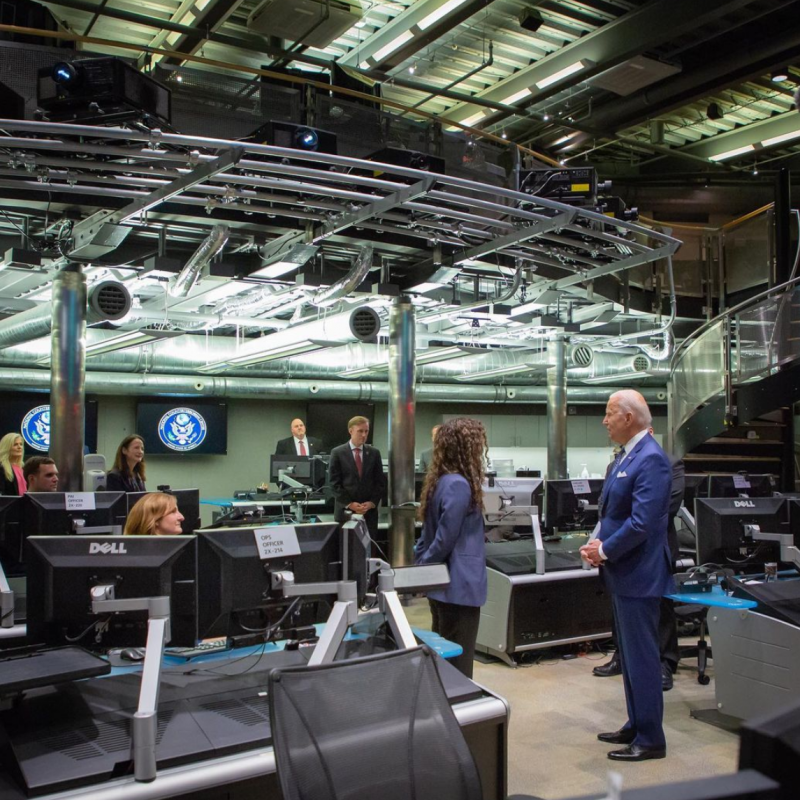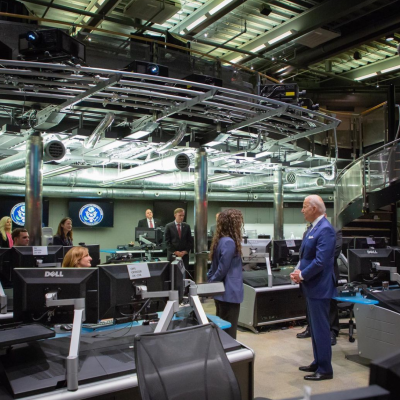US intelligence officials have issued new warnings regarding China's ambitions in artificial intelligence and a range of advanced technologies that could ultimately grant Beijing a decisive military advantage and potential dominance in critical sectors such as healthcare in the United States. The US National Counterintelligence and Security Center warned business leaders, academics, and state and local government officials on Thursday about the risks of accepting Chinese investments or expertise in important industries.
While the center does not intend to ask officials to reject Chinese investments, it "encourages efforts to protect intellectual property and implement security measures." National security agencies under President Joe Biden are waging a strong campaign against China, which some officials describe as "the greatest strategic threat to the United States." At the same time, the Biden administration is seeking to ease tensions with Beijing, some of which date back to former President Donald Trump's administration, and is working to find common ground on trade and climate change.
For its part, Beijing has repeatedly accused Washington of stoking fears about its intentions and has criticized US intelligence for its assessments of China, which included allegations that Chinese leaders concealed vital information about the COVID-19 pandemic. Under current President Xi Jinping, the Chinese government has announced its goals to establish profitable technologies in machinery and other fields, under plans known as "Made in China 2025."
In recent years, the US Department of Justice has issued several indictments alleging that China has stolen sensitive American information, including related to vaccine research and self-driving car technology. Michael Orlando, the acting director of the National Counterintelligence Center, told reporters at a press conference on Thursday that the United States "cannot afford to lose" its lead to China in critical areas, including artificial intelligence, autonomous systems, quantum computing, semiconductors, and biotechnology. Orlando pointed out that Chinese companies and academics are obligated to serve the interests of the ruling Communist Party.
Orlando declined to specify whether the US should impose stricter constraints or issue explicit orders to prevent Chinese investments in specific sectors, stating that his role is not to "suggest policies."




